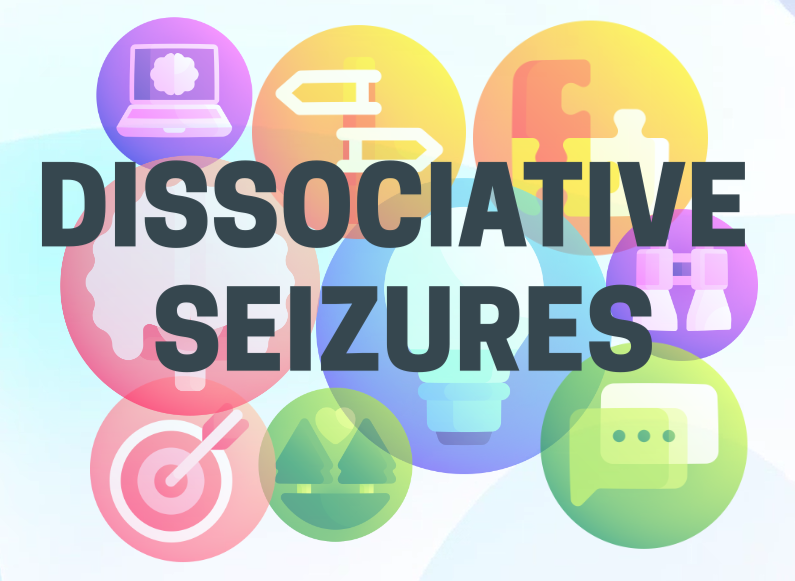People with dissociative seizures have to report their illness to the DVLA (Driving and Vehicle Licencing Authority).
Typically, people who experience symptoms that may lead to an altered ability to drive, are deemed not fit to drive by the DVLA, until their symptoms have resolved for specified durations of time.
In people with dissociative seizures, symptoms such as altered awareness and consciousness, loss of control of arms and legs, tremor, altered vision and blank spells would typically be considered to affect the ability to drive safely.
However, if the dissociative seizures do resolve, then a person may be able to resume driving.
All decisions on driving licences are made by the medical panel of the DVLA. The medical panel of the DVLA typically requests information from patients and doctors before making their decisions on fitness to drive.
